In April 1945, just a few days after their liberation, survivors of Buchenwald are famously reported to have constructed handmade signs that said “Never Again”, posting the words throughout the concentration camp. Since that time, these two words have become shorthand for our collective and sacred responsibility to act in the face of genocide and mass atrocities – a duty echoed last month at the United Nations and throughout the world as part of the International Day of Holocaust Commemoration.
While the international community has quite frequently recounted the lessons of the Holocaust, it has too often failed to heed them. It is a sad truth that the appalling images etched into our global consciousness of Nazi death camps have been followed by unimaginable genocidal horrors in Cambodia, Rwanda and Sudan as well as by the unspeakable mass atrocities in the Democratic Republic of Congo. Indeed, according to genocide scholar Barbara Harff, 46 genocides have claimed the lives of tens of millions since 1945.
We now face a new set of crises with genocide and mass atrocities threatening millions in several nations. In the Central African Republic, there is a grave danger that sectarian violence between Christians and Muslims could escalate. In South Sudan, a political conflict with ethnic undertones has the potential to upset a delicate peace in the fragile new nation. Nearby, Omar al-Bashir’s regime in Sudan has openly proclaimed its desire to wipe out the Nuba People; the regime has been working toward this goal for years with aerial bombardments targeting civilians, and a government-orchestrated famine. And in Syria, Bashar al-Assad's security forces continue to brutally massacre his own people.
Over the past six decades, far too many people – from common citizens to world leaders – have thrown up their hands in the face of dangers like this. Some believe that there is simply nothing they can do. Others suggest that the outbreak of genocide is impossible to detect or too complicated to prevent.
In fact, genocide is usually predictable and preventable; and each and every one of us has vast potential to fight it. In Washington D.C late last month, Jewish World Watch brought together a multi-faith group of activists, including students and faculty from the University of Southern California Gould School of Law’s Human Rights Clinic to turn the words “Never Again” into action. We come from communities all across the country, representing 375,000 concerned citizens from all faiths and backgrounds.
This group told our elected officials three things.
First, it’s usually possible to foresee genocide and mass atrocities long before they strike. Years of research have shown us how to spot the warning signs. They include a history of prior genocides, the presence of ethnically polarized elites and ongoing civil wars, instability, the spread of extreme and exclusionary ideology, and state-sponsored discrimination.
Second, international action can be effective and it does not always have to mean boots on the ground. There are many models for successful intervention. In Aceh, Sumatra, it was diplomacy that persuaded the GAM to lay down their arms and commit to a peace process. In Columbia, the FARC is engaged in final negotiations with the government to transition into a political party. These cases show that constant vigilance, active international engagement and negotiations and diplomacy in high-risk areas decrease the likelihood that military intervention will be necessary.
Third, citizens are ready to play their part. Over the past decade, an anti-genocide movement has risen across the United States that numbers millions of supporters and more than 100 organizations.
Last month, we saw the power of this movement, when Intel announced that it would produce “conflict-free” computer processors, guaranteeing that all of the company’s mineral suppliers were not sourcing from warlords. This decision was the direct result of years of work by anti-genocide activists. With consumer support and activism, store shelves will soon be filled with conflict-free products, which could make a decisive difference to help end mass atrocities in places like Darfur and Sudan.
It is time for people of conscience to unite. This year we will mark two decades since the Rwandan genocide, 99 years since the Armenian genocide, and 69 years since the liberation of Auschwitz. By now, we should recognize that it’s not nearly enough to say the words “Never Again”… we have to live them.
Rabbi Harold Schulweis is the Co-Founder of Jewish World Watch.
Varun Soni is the Dean of Religious Life at the University of Southern California.








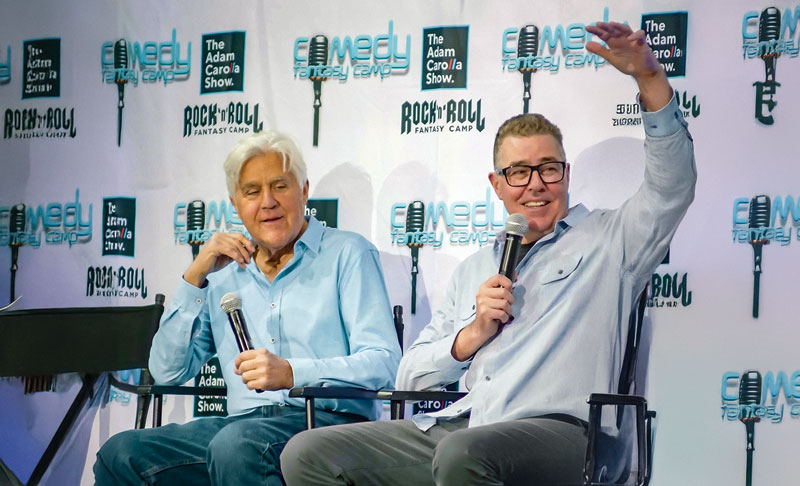

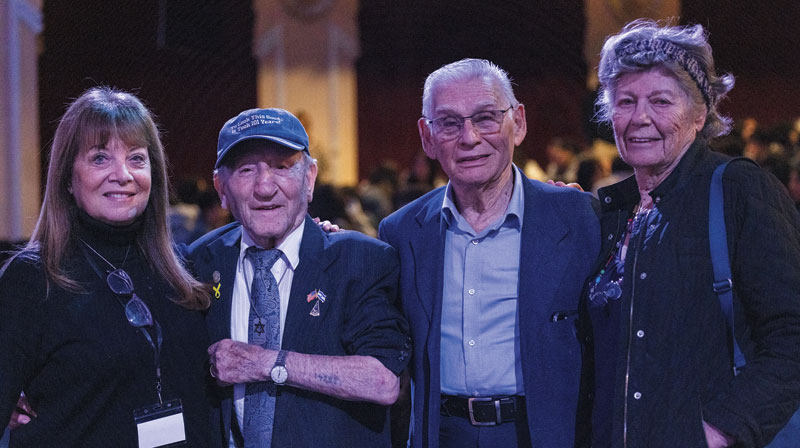

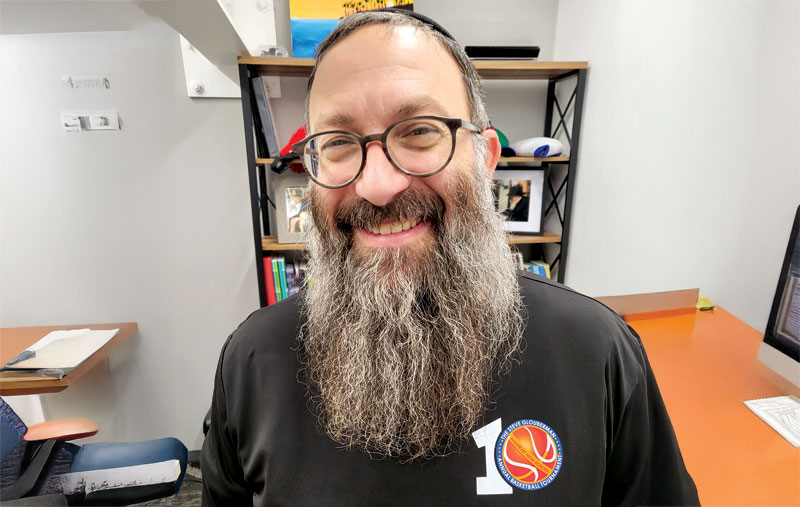


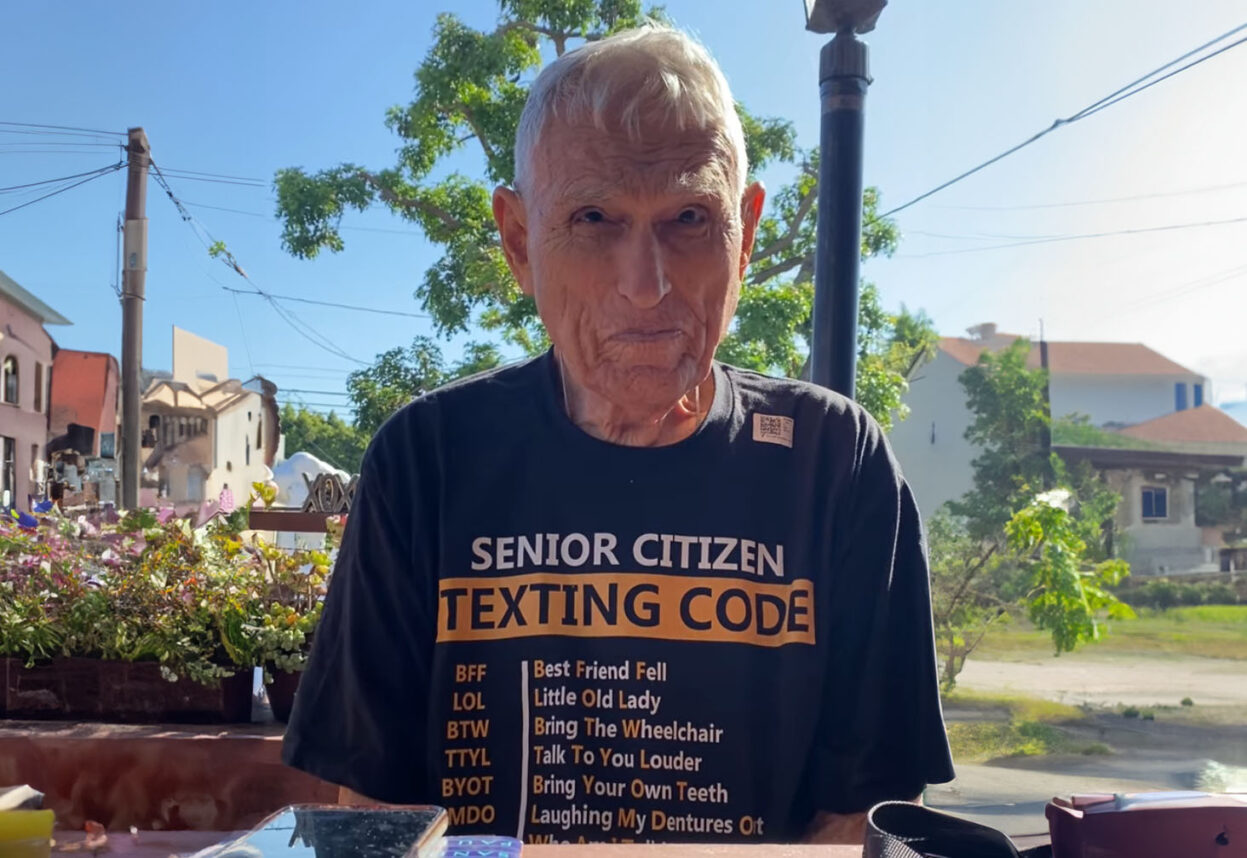
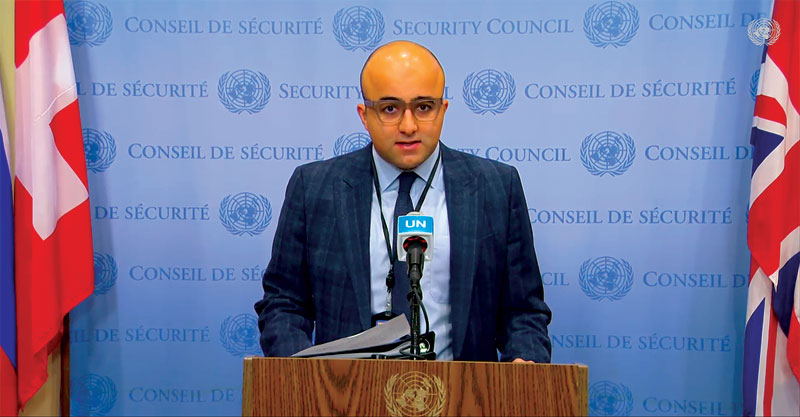




 More news and opinions than at a Shabbat dinner, right in your inbox.
More news and opinions than at a Shabbat dinner, right in your inbox.